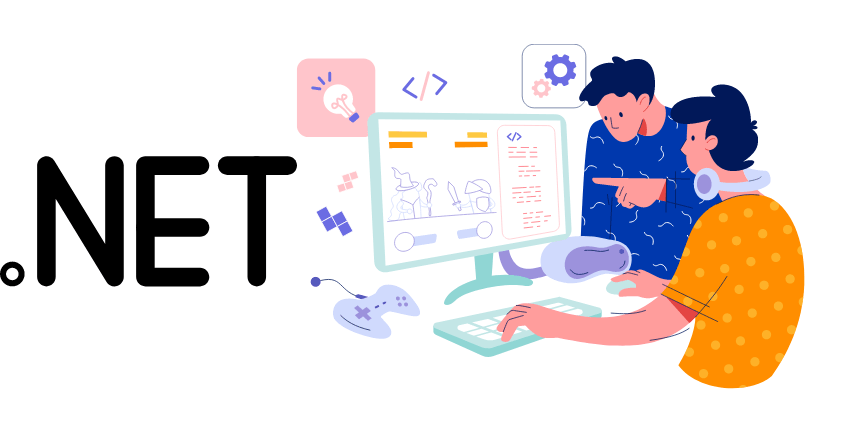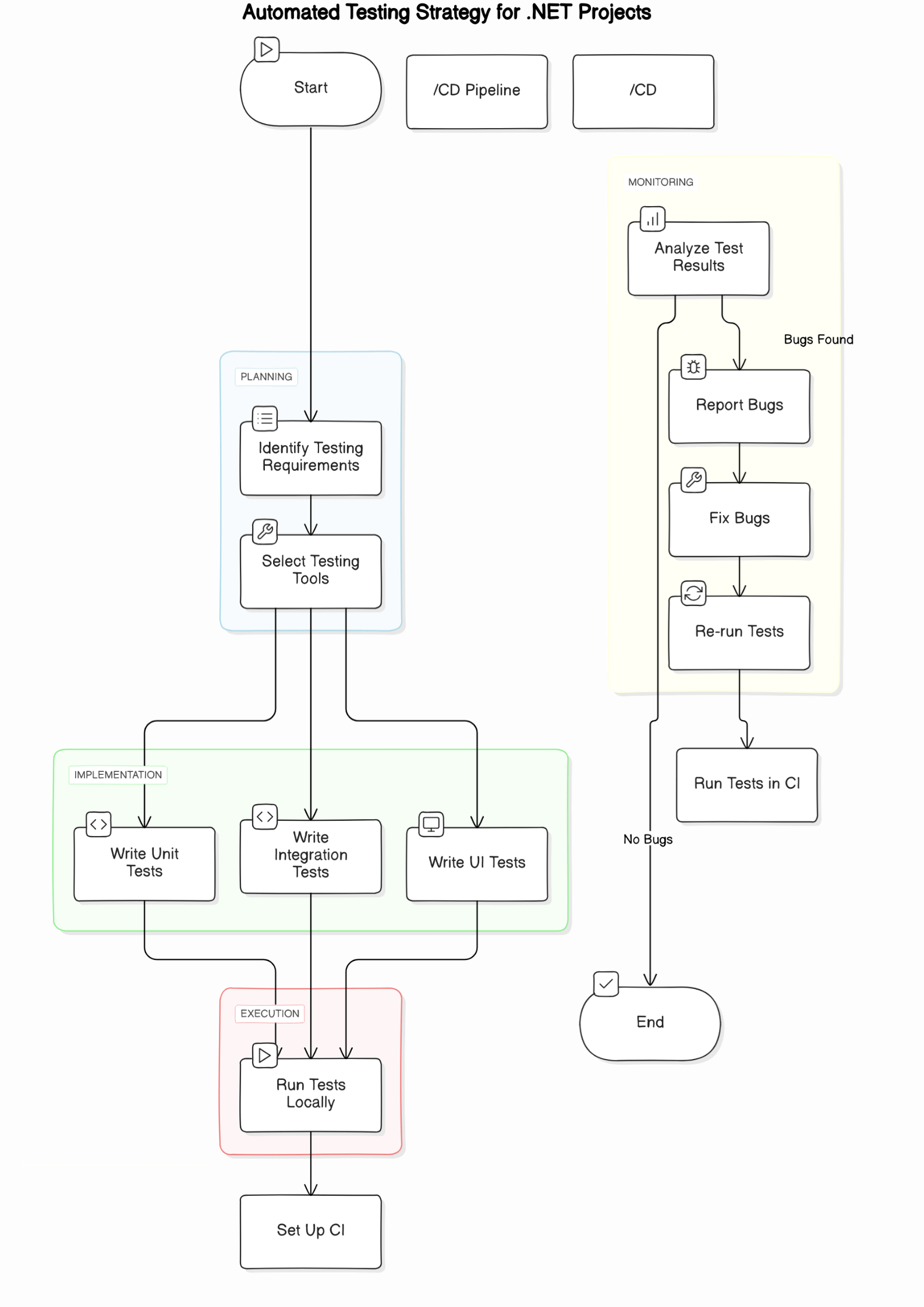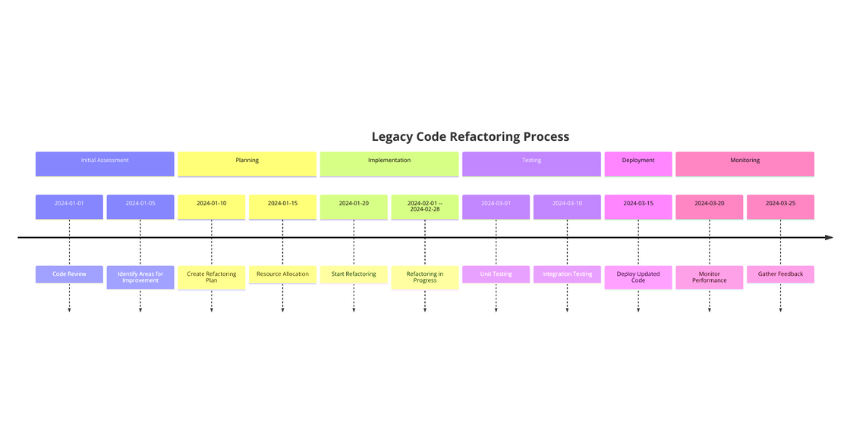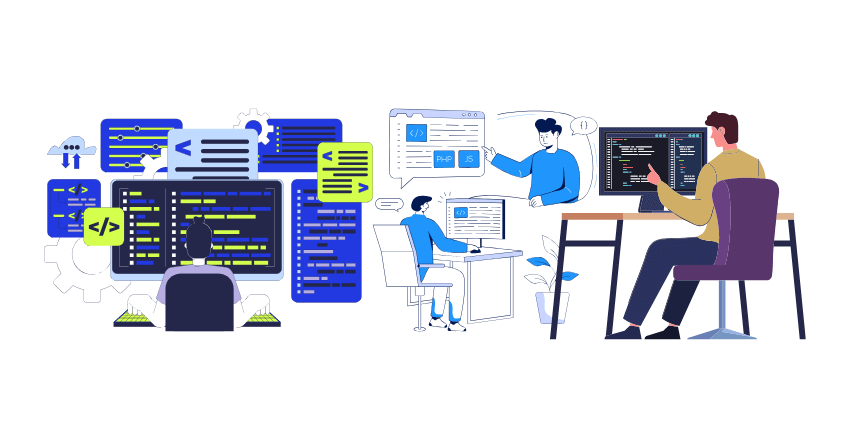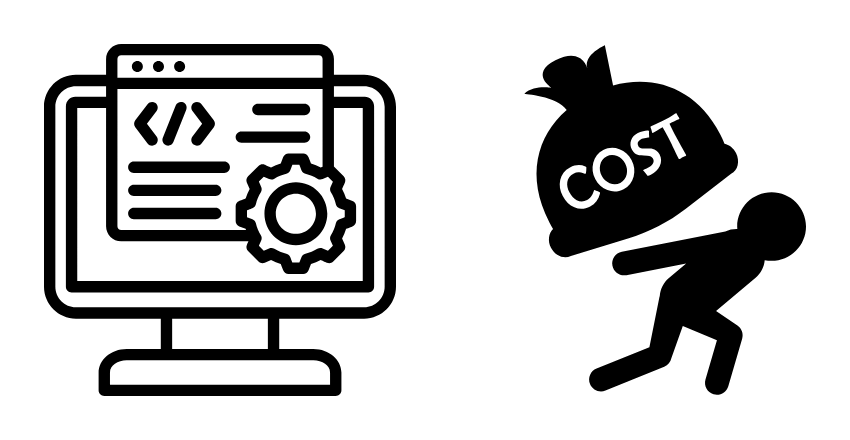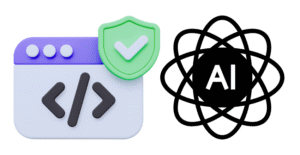Standard interview questions for senior .NET developers are outdated and designed for a different era.
The problem lies in their routine nature – they often fail to assess the candidate’s ability to deal with real-world coding challenges.
Over the past decade, I’ve interviewed hundreds of developers and found that high-impact problem-solving questions are the best way to gauge a candidate’s capability and potential.
1. Handling Legacy Code Integration
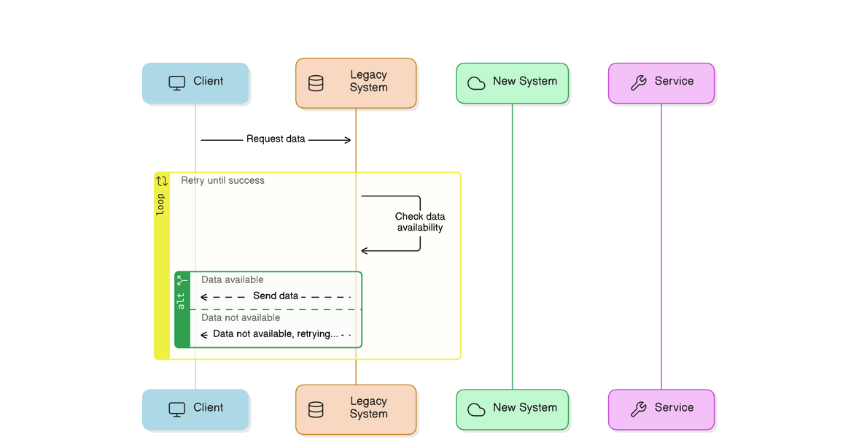
Question: “Imagine you are working on a .NET project that needs to integrate with a legacy system built in a different technology stack (e.g., Java). The legacy system’s documentation is outdated and incomplete. How would you approach this integration to ensure minimal disruption and maintain performance standards?”
What to Look For:
- Understanding of interoperability between different technology stacks.
- Ability to work with and understand legacy code.
- Strategies for documenting and refactoring poorly documented systems.
- Communication skills for coordinating with legacy system maintainers.
Why It Matters: This question assesses the candidate’s ability to handle the complexities and challenges of integrating modern systems with older, potentially poorly documented ones. It reveals their problem-solving process and adaptability.
2. Database Performance Optimization
Question: “You have inherited a .NET application that suffers from severe database performance issues. Users are experiencing long load times, and the database server often hits peak capacity. Outline the steps you would take to diagnose and resolve these performance problems.”
What to Look For:
- Experience with performance profiling and diagnostic tools.
- Knowledge of database indexing, query optimization, and schema design.
- Familiarity with caching strategies and asynchronous processing.
- Ability to communicate findings and implement changes without significant downtime.
Why It Matters: This question evaluates the candidate’s ability to handle performance issues, a common real-world problem, and their depth of knowledge in database management and optimization techniques.
3. Asynchronous Programming Challenge
Question: “Your team is developing a .NET Core application that requires high concurrency to handle multiple user requests simultaneously. Describe how you would implement asynchronous processing to ensure the application remains responsive and scalable.”
What to Look For:
- Understanding of asynchronous programming principles and best practices.
- Experience with async/await, Task Parallel Library (TPL), and related patterns.
- Knowledge of potential pitfalls, such as deadlocks and race conditions, and how to avoid them.
- Ability to optimize code for performance and resource management.
Why It Matters: Asynchronous processing is crucial for modern web applications. This question tests the candidate’s technical proficiency and understanding of concurrency challenges.
4. Microservices Architecture Design
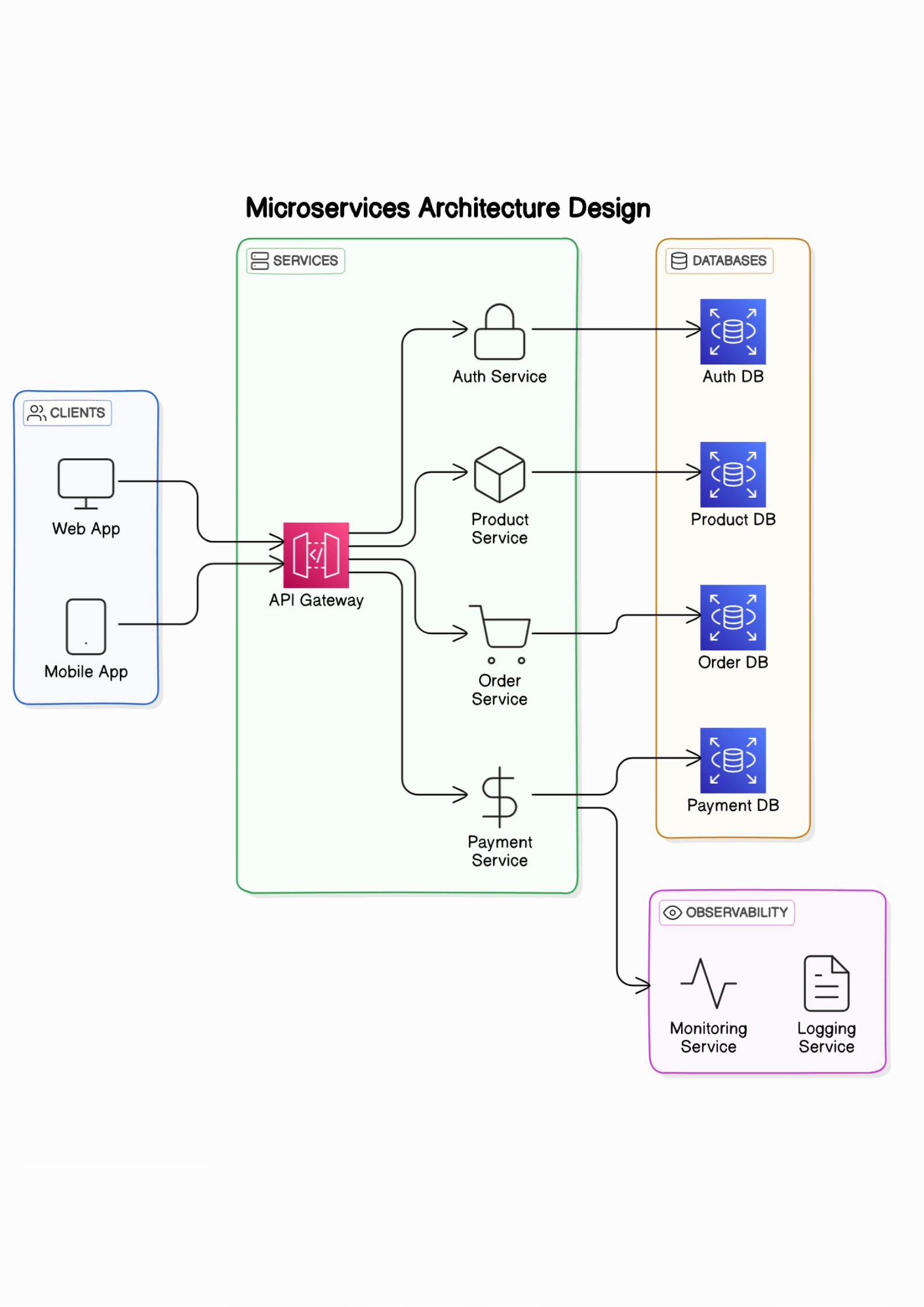
Question: “Your company wants to migrate from a monolithic .NET application to a microservices architecture to improve scalability and maintainability. What steps would you take to design and implement this architecture, and how would you ensure data consistency across services?”
What to Look For:
- Knowledge of microservices principles and patterns.
- Experience with designing and implementing scalable microservices.
- Strategies for ensuring data consistency and dealing with distributed transactions.
- Understanding of the tools and platforms (e.g., Docker, Kubernetes) needed for deployment and orchestration.
Why It Matters: Microservices architecture is increasingly popular for its scalability and flexibility. This question assesses the candidate’s ability to design and implement such systems, a key skill for senior developers.
5. Critical Bug Resolution
Question: “During a critical deployment, you discover a severe bug in the .NET application that affects core functionality. The release deadline is tight, and the bug needs to be fixed urgently. Describe how you would handle this situation, including your approach to debugging, communicating with stakeholders, and ensuring a quality fix.”
What to Look For:
- Proficiency in debugging and problem-solving under pressure.
- Ability to prioritize tasks and manage time effectively.
- Communication skills for keeping stakeholders informed.
- Strategies for ensuring the fix is robust and thoroughly tested.
Why It Matters: This question reveals the candidate’s ability to remain calm under pressure, prioritize effectively, and communicate clearly—essential traits for senior developers responsible for mission-critical applications.


